Hybrid Solar Inverter: What Makes it Different?
A solar inverter is a crucial component in any solar power system. Its primary function is to convert the direct current (DC) electricity generated by solar panels into usable alternating current (AC) electricity that powers your home appliances.
Traditional solar inverters are typically categorized as either grid-tied or off-grid systems. Grid-tied inverters rely on the utility grid as a backup source during low sunlight periods or peak demand. Off-grid inverters, on the other hand, function independently of the grid, requiring battery storage to meet nighttime and inclement weather needs.
Hybrid solar inverters bridge the gap between these two systems, offering the best of both worlds.
Here’s how:
- Grid Connectivity: Hybrid inverters can connect to the utility grid, allowing you to sell excess solar energy back to the grid for potential credits or financial compensation.
- Battery Compatibility: They seamlessly integrate with battery storage systems, enabling you to store surplus solar power for later use during peak hours or power outages.
- Intelligent Management: Most hybrid inverters boast intelligent control systems that optimize energy production and consumption. They prioritize utilizing solar energy first, then supplement with grid power or discharge stored battery power as needed.
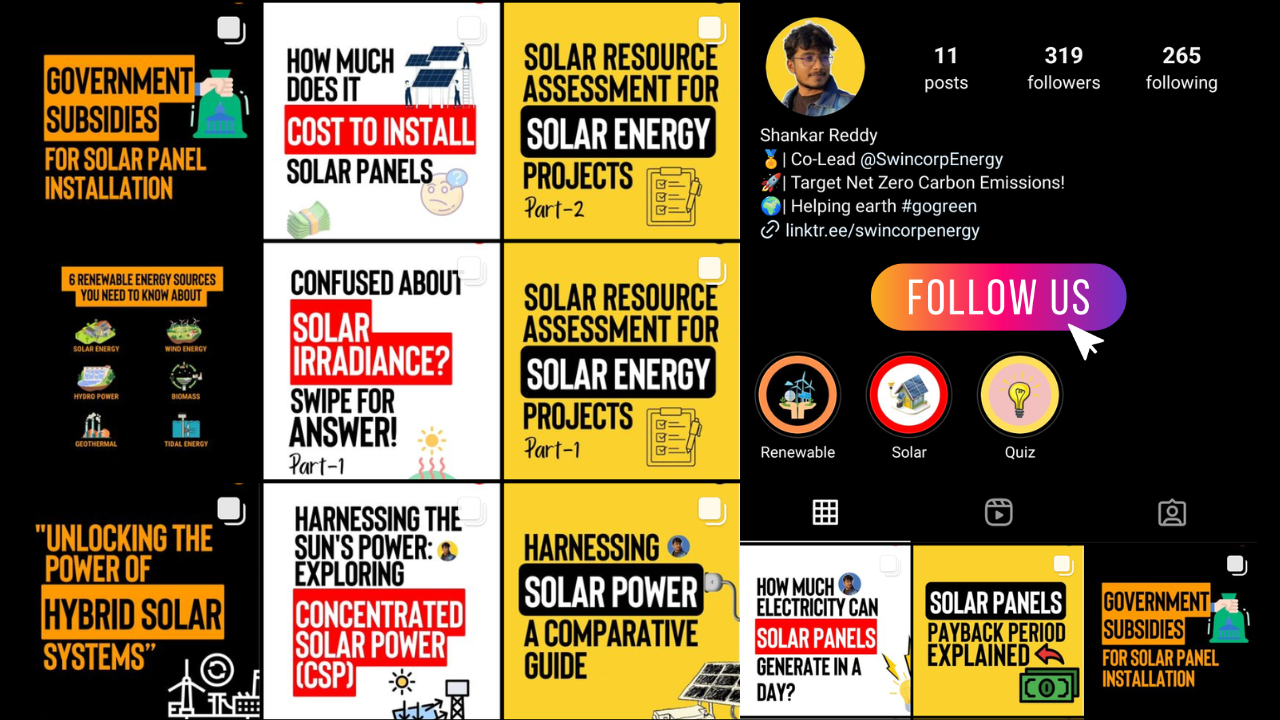
Follow us for more Information on Solar Energy
How Does a Hybrid Solar Inverter Work?
Here’s a simplified breakdown of a hybrid solar inverter’s operation:
- Solar Energy Generation: Sunlight hits your solar panels, generating DC electricity.
- DC to AC Conversion: The hybrid inverter converts this DC electricity into usable AC electricity for your home.
- Power Consumption: You utilize the generated AC electricity to power your appliances.
- Excess Energy Storage: If there’s surplus solar production, the inverter directs it to your battery bank for storage.
- Battery Backup: During grid outages or peak demand periods, the inverter draws power from your batteries to meet your needs.
- Grid Interaction: The inverter can intelligently manage grid connection. It prioritizes solar energy use first, then supplements with grid power when needed. During excess production, it can also send power back to the grid
Installation and Maintenance
Hybrid solar systems are complex and require professional installation by qualified electricians familiar with solar technology and safety protocols. Regular maintenance is crucial for optimal performance and longevity.
For Solar Services Contact us: +91 9381812909
Benefits of a Hybrid Solar Inverter System:
- Increased Self-Consumption: Hybrid inverters enable you to store excess solar energy in batteries for later use. This reduces dependence on the utility grid, potentially lowering your electricity bills.
- Enhanced Blackout Protection: With a charged battery bank, your home can continue to operate on solar power during grid outages, providing essential backup power.
- Greater Energy Independence: Hybrid systems offer a higher degree of energy independence compared to grid-tied solar systems alone. You’re less reliant on the utility grid for your daily energy needs.
- Scalability: Hybrid systems can be easily expanded by adding additional solar panels and battery storage capacity as your energy requirements evolve.
- Potential Financial Benefits: In regions with net metering programs, you can earn credits for excess solar power sent back to the grid. Additionally, some government incentives may be available for installing hybrid solar systems.

Things to Consider When Choosing a Hybrid Solar Inverter:
- Power Output: Choose an inverter with a capacity that matches your current and future energy needs. Consider factors like your total appliance wattage and potential system expansion.
- Battery Compatibility: Ensure the inverter is compatible with the type and voltage of batteries you plan to use.
- Number of MPPT Inputs: Multiple MPPT inputs allow you to optimize power production from different sections of your solar array, especially if your roof has shading variations.
- Warranty: A longer warranty provides peace of mind and ensures your investment is protected.
- Monitoring and Control Features: Look for inverters with built-in monitoring capabilities that allow you to track your system’s performance and remotely control settings.
Is a Hybrid Solar Inverter Right for You?
Hybrid solar inverters are a perfect choice for homeowners seeking a more robust and self-sufficient solar power system. They offer significant advantages, particularly in areas with frequent power outages or limited net metering programs. However, the initial cost of a hybrid system is generally higher compared to a grid-tied system without battery storage.
Here’s a breakdown to help you decide:
- Ideal for: Homes with frequent power outages, those seeking energy independence, and areas without net metering programs.
- May not be ideal for: Homes with very low electricity consumption or those on a tight budget who prioritize low upfront.

Conclusion
Hybrid solar inverters represent a significant advancement in solar power technology. By combining the efficiency of traditional inverters with battery integration, they empower homeowners to take greater control of their energy consumption and unlock the full potential of solar power. Whether you prioritize energy security, self-reliance, or maximizing solar savings, a hybrid solar inverter system can be a worthwhile investment for a sustainable and empowered future.
FAQs
A standard inverter converts solar power to AC, while a hybrid inverter also manages battery storage.
No, but a hybrid inverter allows you to add batteries later for increased self-consumption and backup power.
The upfront cost is generally higher compared to grid-tied only systems.
Maximum Power Point Tracking ensures your solar panels operate at peak efficiency under varying conditions.
With a charged battery, your home can continue to operate on solar power during grid outages.
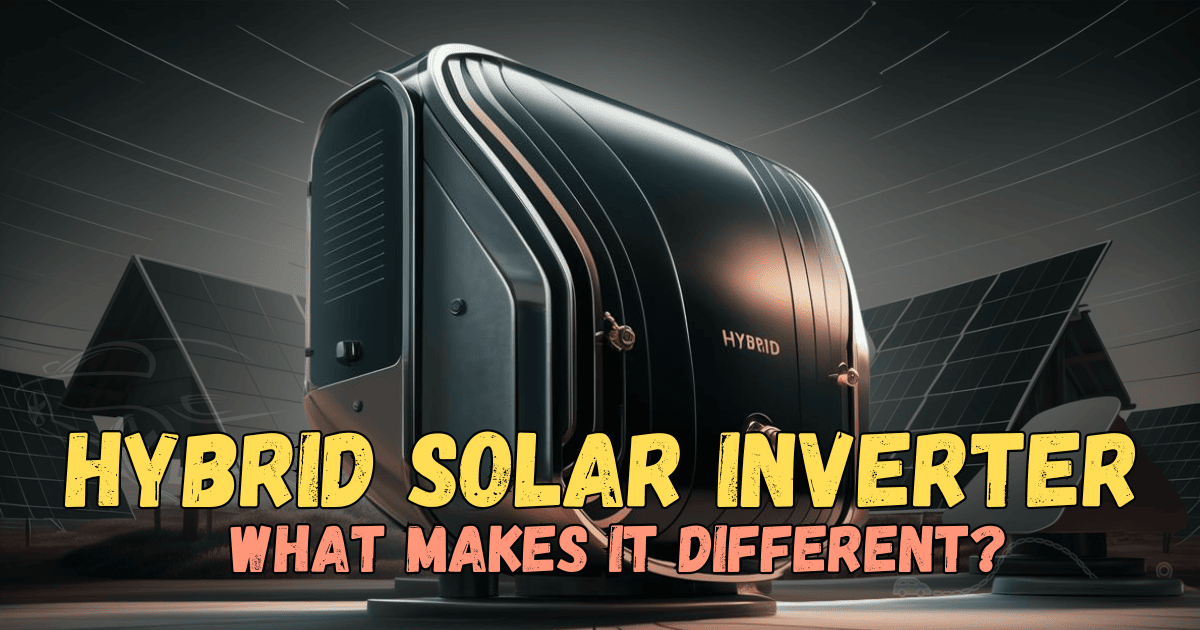
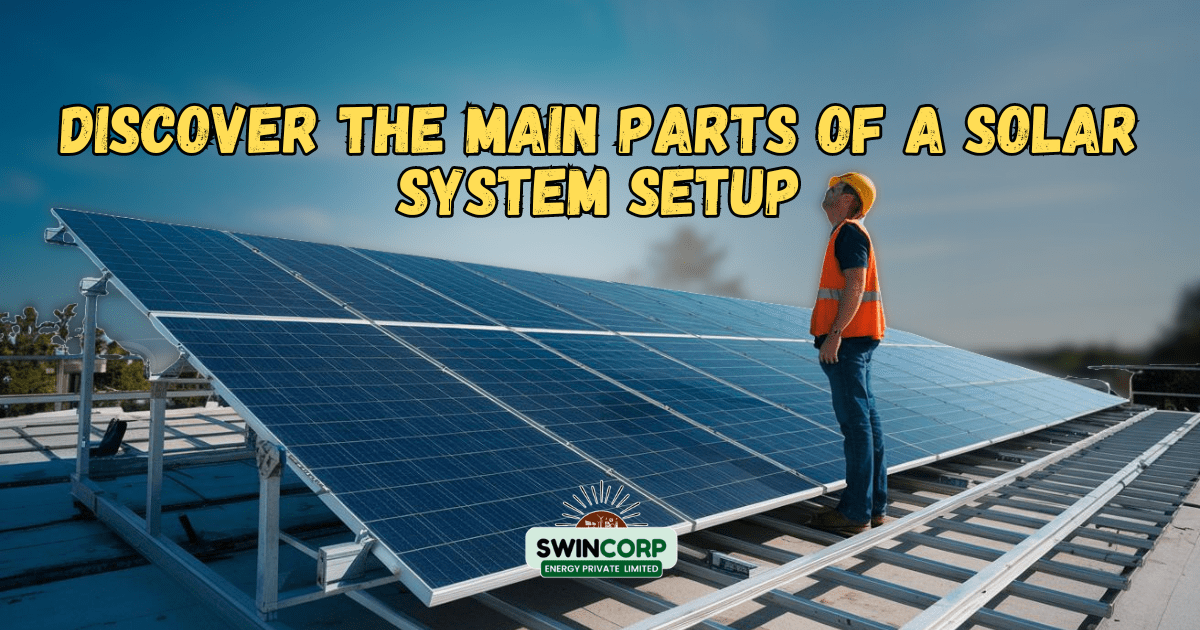
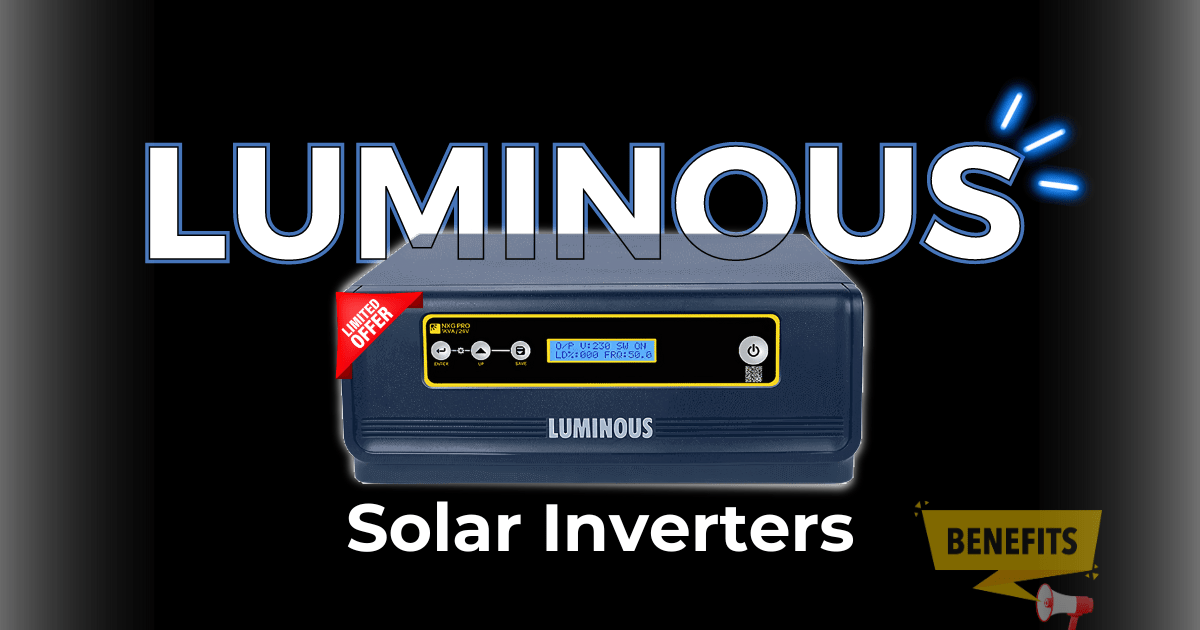
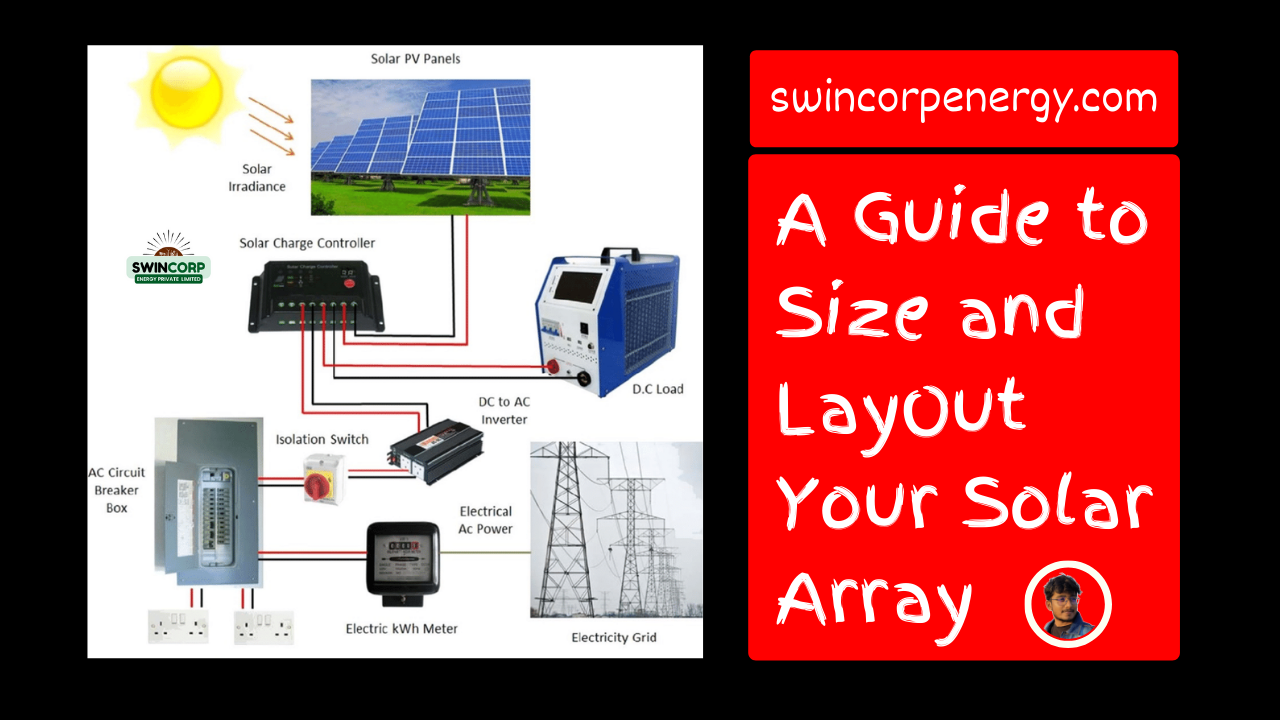
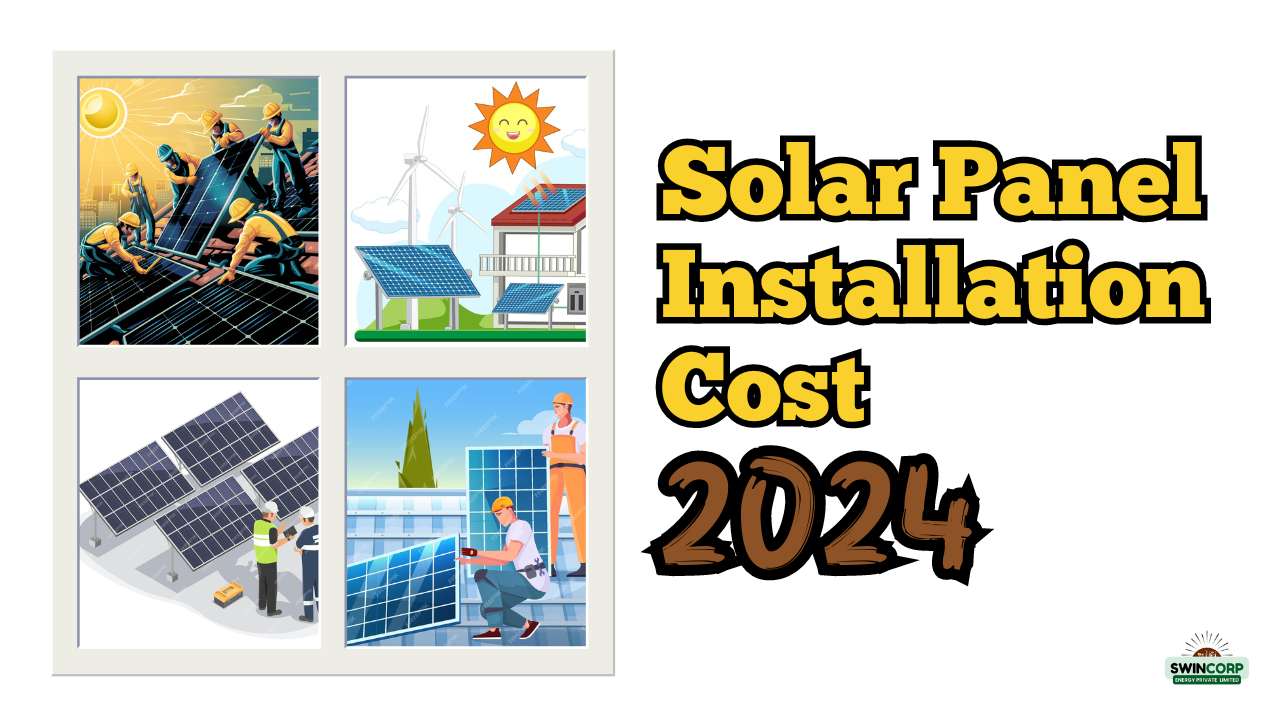
Verodostojni pariet na voljo brez recepta na spletu
Nice weblog here! Additionally your website rather a lot up fast!
What web host are you using? Can I am getting your affiliate hyperlink in your
host? I desire my web site loaded up as quickly as yours
lol
Secure Online Transactions for clomipramine Purchase
Do you have a spam issue on this blog; I also am a blogger, and I was curious about your situation; many of us have developed some nice methods and we are
looking to swap methods with others, why not shoot me an email if interested.
benicar en ligne : tout ce que vous devez savoir
If you would like to grow your knowledge simply keep visiting this web page and be updated with
the most recent information posted here.
Hybrid Solar Inverter: What Makes it Different? - Dailygreenworld
[…] Source link […]
Zahtevajte ponudbo za carmetic
I don’t even know how I stopped up here, however I thought this post used to be good.
I do not realize who you might be however definitely you’re going to a famous blogger for those who
are not already. Cheers!
Waar norethindrone online kopen in Nederland
It’s truly very complex in this full of activity life to listen news on TV, so I only use the web for that reason, and get the latest information.